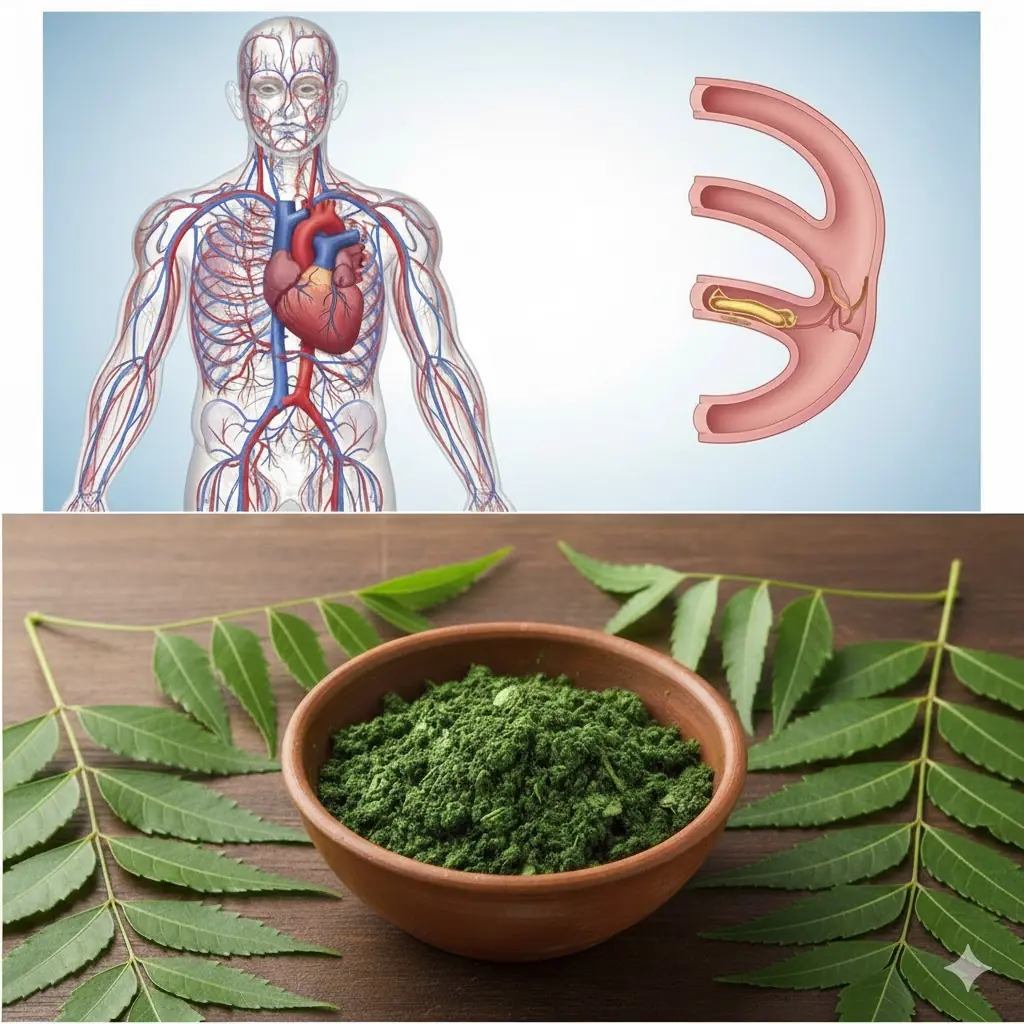
What Is an ESR Test? Understanding the Erythrocyte Sedimentation Rate and Its Role in Detecting Inflammation
What Is an ESR Test? Understanding the Erythrocyte Sedimentation Rate and Its Role in Detecting Inflammation

The erythrocyte sedimentation rate (ESR) test is a common blood test that measures how quickly red blood cells (erythrocytes) settle at the bottom of a test tube over a specified period—usually one hour. While red blood cells normally settle slowly, the presence of inflammation causes them to clump together and settle more rapidly. This makes the ESR test a useful tool in detecting inflammatory activity in the body.
Why Is the ESR Test Done?
Healthcare providers often order an ESR test when patients show signs or symptoms that suggest inflammation. These can include:
-
Persistent headaches
-
Joint pain or stiffness
-
Fever of unknown origin
-
Unexplained weight loss
-
General signs of chronic illness
Although the ESR test doesn’t pinpoint the exact cause of inflammation, it helps doctors determine whether further testing is needed for conditions such as autoimmune disorders, infections, or blood diseases.
How Is the ESR Test Performed?
The ESR test is simple and minimally invasive:
-
A healthcare professional draws a small amount of blood from a vein in your arm.
-
The blood sample is placed in a tall, thin test tube.
-
The rate at which the red blood cells fall to the bottom of the tube is measured in millimeters per hour (mm/hr).
What Are Normal ESR Levels?
Normal ESR values can vary depending on age, sex, and individual health. General reference ranges include:
-
Men under 50: less than 15 mm/hr
-
Women under 50: less than 20 mm/hr
-
Older adults: slightly higher values may be considered normal
Higher ESR levels may indicate:
-
Autoimmune diseases (e.g., lupus, rheumatoid arthritis)
-
Chronic infections
-
Kidney disease
-
Anemia
-
Inflammatory heart conditions
Extremely high ESR readings can signal more severe conditions such as multiple myeloma or giant cell arteritis.
What Does a High ESR Mean?
A high ESR level is not a diagnosis on its own—it simply signals that inflammation is present in the body. Your doctor may recommend additional tests such as C-reactive protein (CRP), complete blood count (CBC), or imaging scans to identify the underlying cause.
Conclusion: Should You Be Concerned About Your ESR Level?
If your doctor orders an ESR test, it’s typically part of a larger diagnostic process. While a high ESR can point to potential health issues, it must be interpreted in the context of your overall symptoms and medical history.
If you’re experiencing persistent symptoms or have concerns about chronic inflammation, consult your healthcare provider. Early detection is key to managing conditions that affect your long-term health.
News in the same category


Signs and Symptoms of Influenza (Flu)

Are You Up to Date on Migraine Prevention?

Radiation and Targeted Cancer Therapy Combination Shows Low Risk of Serious Side Effects

Can Metformin Protect Premature Infants After Antenatal Steroid Exposure?

Vaccines and Healthy Aging: Benefits That Go Beyond Infection Prevention

Drink Coconut Water for 7 Consecutive Days and Notice Remarkable Health Benefits

11 Fruits Rich in Iron That Help Improve Blood Health Naturally

Beyond Stroke, This Dangerous Disease Surges During Cold Weather

Why Do Older People Often Have More Age Spots on Their Skin?

Surprise Finding: How the Immune System May Prevent Us From Burning Fat

What Role Do Methanogens Play in the Gut Microbiome?

The Best Times to Drink Coffee for Optimal Health Benefits

The Best Time to Drink Pomegranate Juice for Blood Pressure and Muscle Recovery

Why Your Cat Chooses to Sleep With You

10 Conditions Ginger Can Help Manage Naturally

How Often Do You Poop? New Research Shows Bowel Movement Frequency Linked to Overall Health

What Happens to Your Blood Pressure When You Drink Beetroot Juice Every Day

Signs and Symptoms of Oral Cancer

Obesity Is a Disease: Understanding Its Biology and Cardiovascular Impact
News Post

Draymond Green confronts fan over 'Angel Reese' chant

Nicki Minaj’s diplomatic moment, explained

Entertainment duo the Kessler twins die by assisted suicide at 89 on same day

Community outraged after viral video shows mom, children being jumped by students outside South Deering school

Zoe Saldaña is now the highest-grossing actor of all time following Avatar's continued success

How to Clean a Mattress at Home Effectively

The Leaf Everyone’s Talking About: Soursop Leaves and Their Potential Wellness Benefits

The Forgotten 100-Year-Old Golden Tea That Melts Cholesterol, Balances Blood Sugar, and Restores Kidneys

7 Benefits and Uses of Castor Oil

10 Reasons to pick purple dead nettle this spring

When making fried rice with eggs, don't put them directly into the pan; adding this step is key to achieving perfectly golden, plump, and firm grains.

What are the benefits of squeezing a lemon into the refrigerator?

Tips for frying crispy and delicious banh chung (Vietnamese sticky rice cake) without absorbing too much oil.

Discover How a Simple Cup of Rosemary and Ginger Tea Can Warm Your Body and Transform Your Daily Comfort

Eat Chia Seeds For Omega-3s, Snack on Dark Chocolate For Iron, and 3 More Health Tips

The One Bitter Leaf That’s Quietly Making Pillboxes Obsolete for Americans Over 60

What Is a Hernia?

7 Amazing Health Benefits of Banana Blossoms

7 Benefits of Corn Silk and How to Use It
